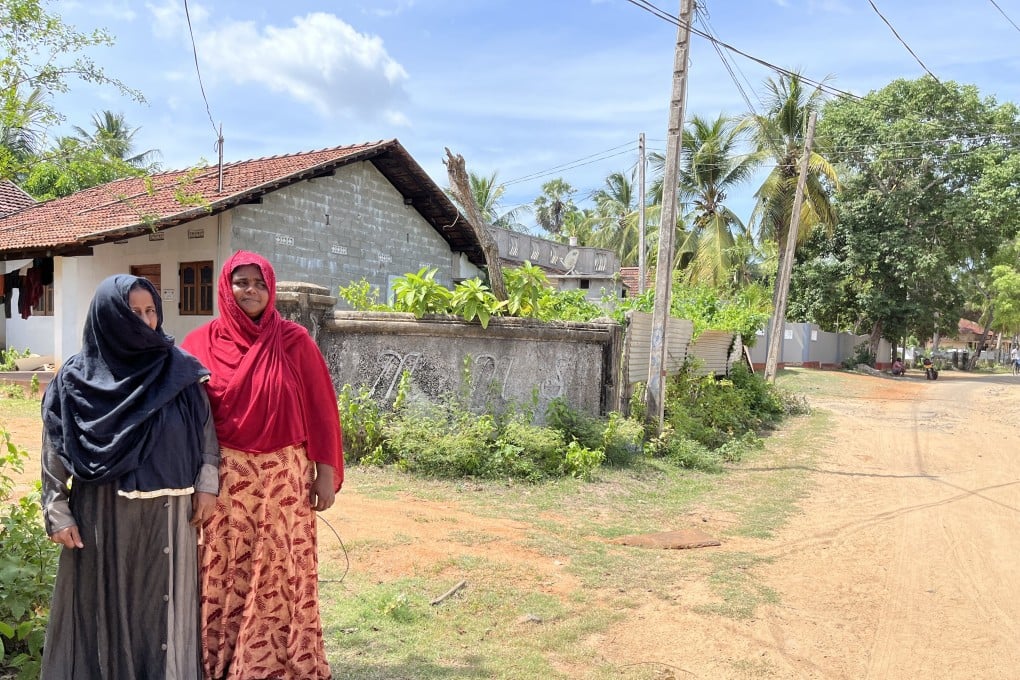Sri Lankan Muslims struggle to belong after civil war: ‘still outsiders’
- Muslims are ‘not officially recognised’ as internally displaced and receive little government help to resettle after 26 years of civil war, activists say
- Despite growing Muslim population, some fear reprisal by Tamils if they try to ‘reclaim’ their place in the country

Rasika Rajabdi was barely eight years old in 1990 when she and her family were forced out of their ancestral hometown of Mullaittivu in Sri Lanka’s northern province by armed rebels during the nation’s civil war.
The youngster and her parents spent a few months in a camp for internally displaced people in the western coastal town of Puttalam, 200km away, before moving to a rented house in the area.
The war ended in 2009 after 26 years and Rajabdi, who was married by then, was able to return to Mullaittivu with her husband and parents in 2012.
Instead of a happy homecoming, though, her Tamil neighbours were not pleased to see her again and called her an “outsider”, said Rajabdi, now a 40-year-old farmer. “They never expected us to come back. They never wanted us to resettle where we belonged.”
More than 300,000 Tamil Hindus were displaced in the war between the Sri Lankan army and the Liberation Tigers of Tamil Eelam (LTTE), an armed rebel group that wanted to form an independent nation for Tamils.
